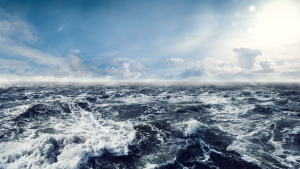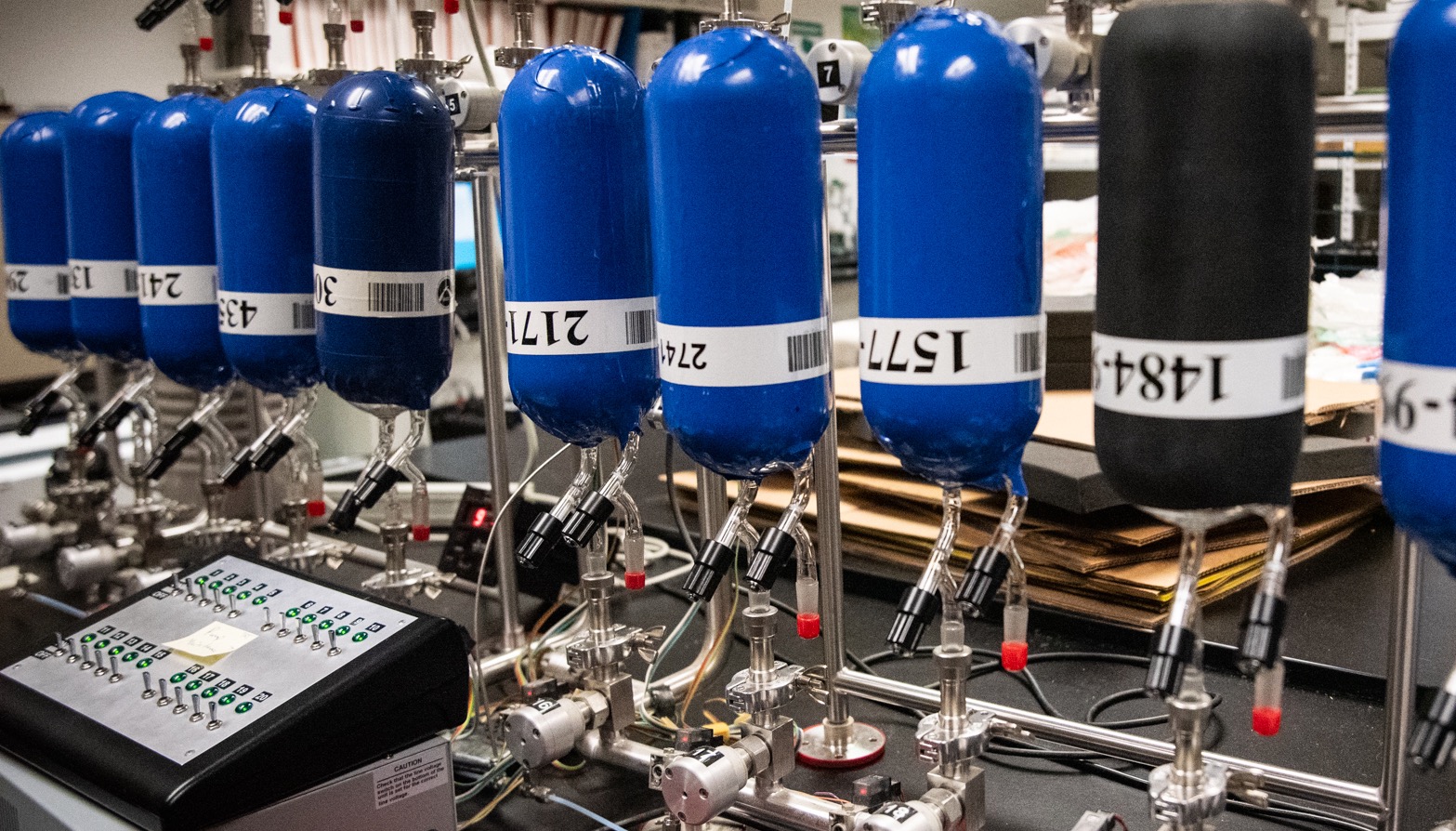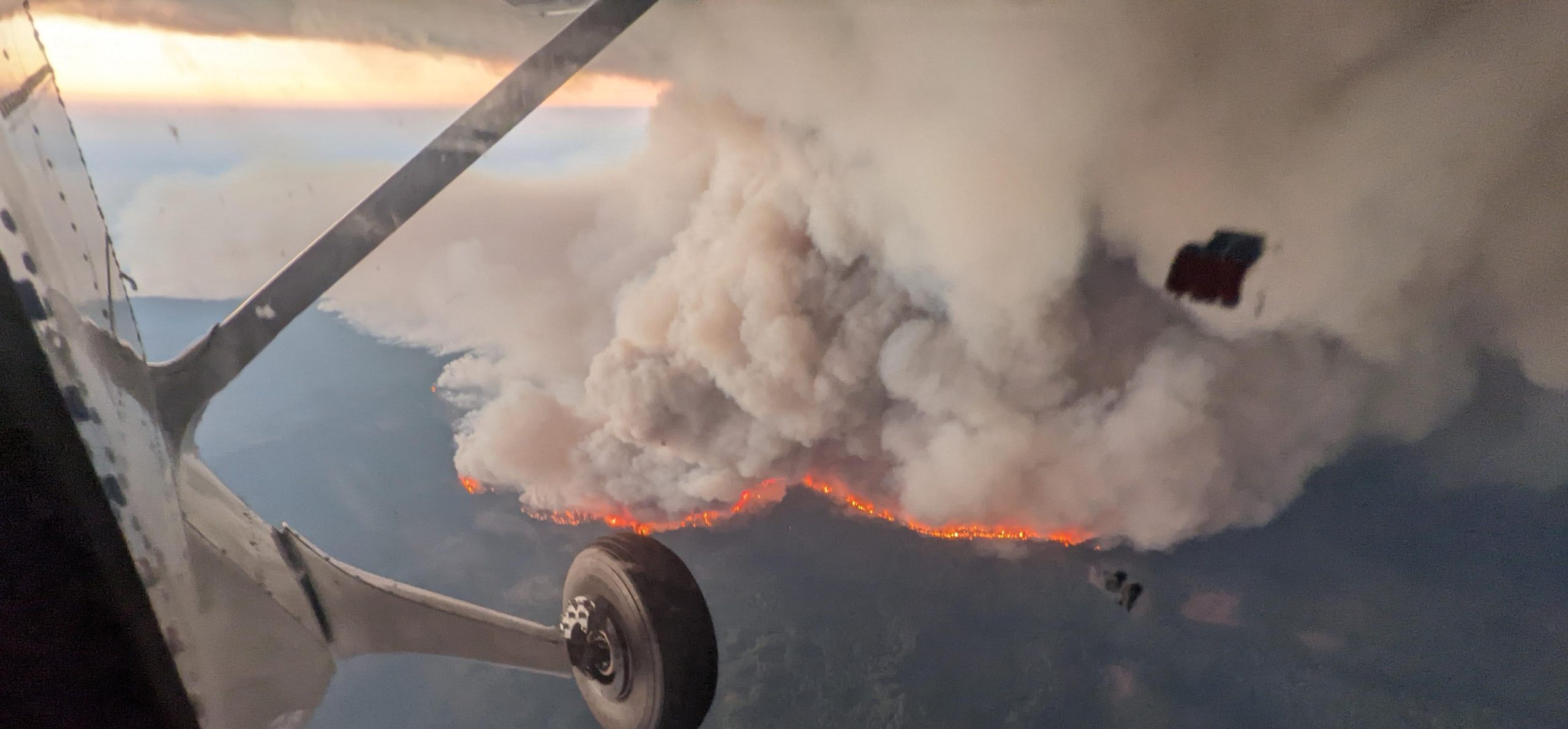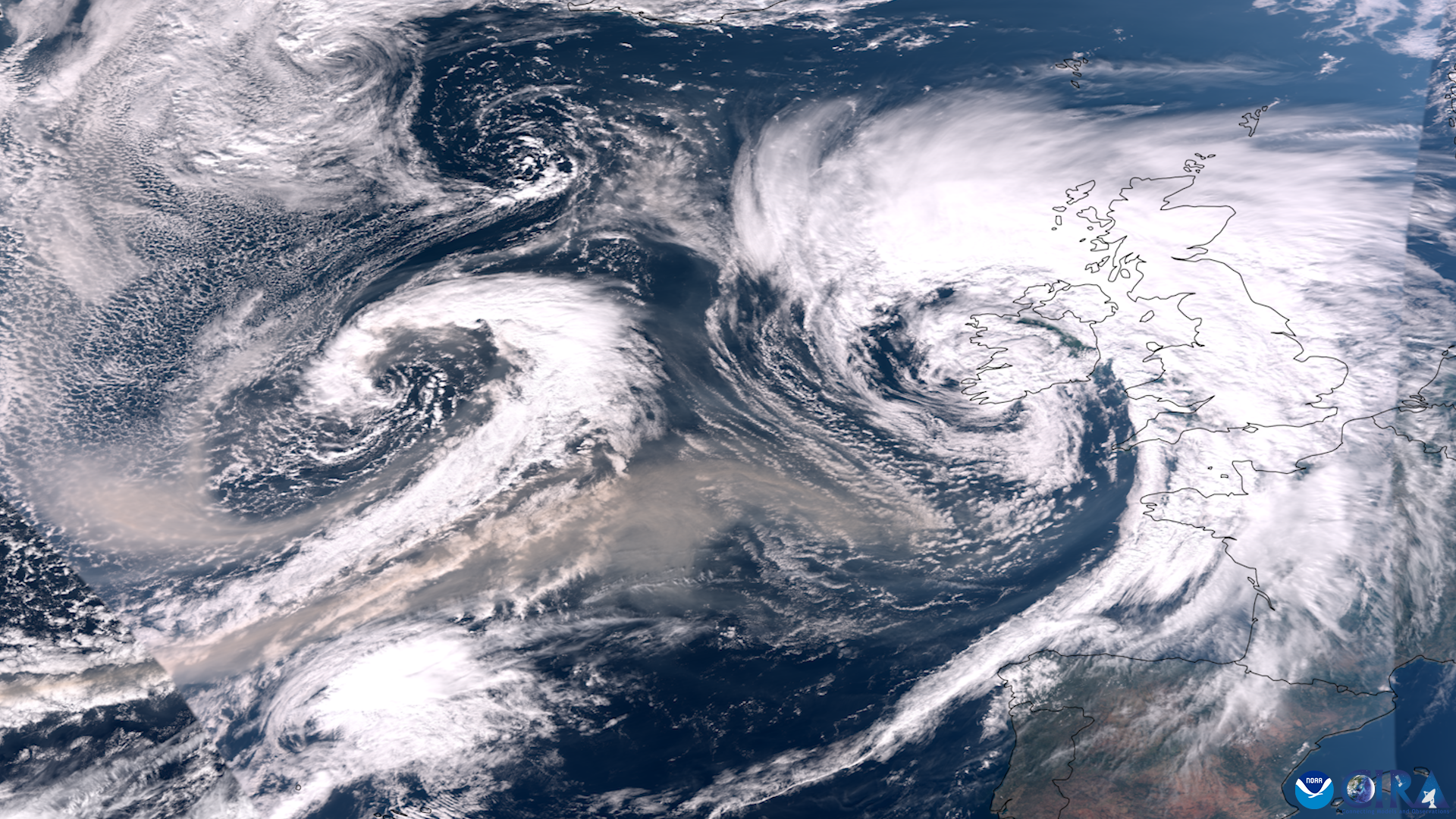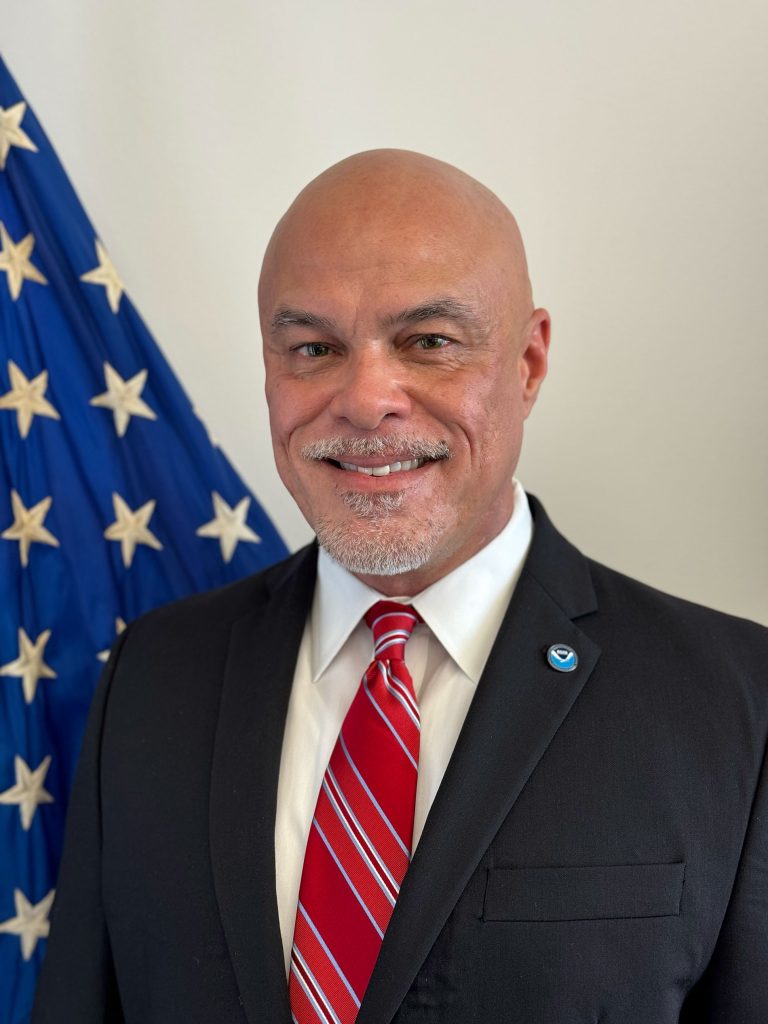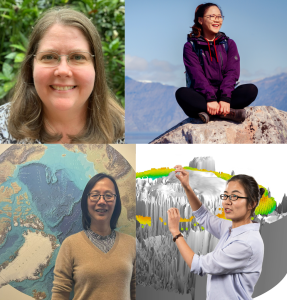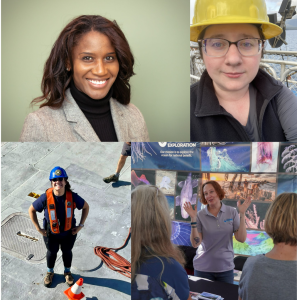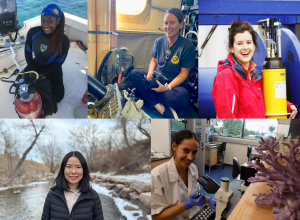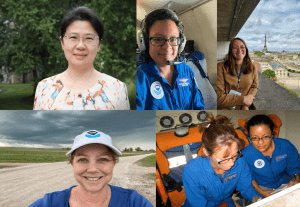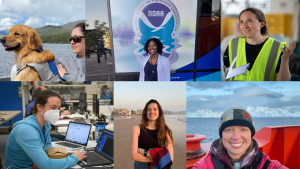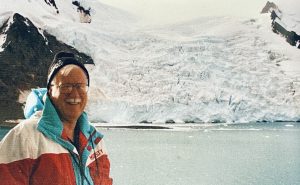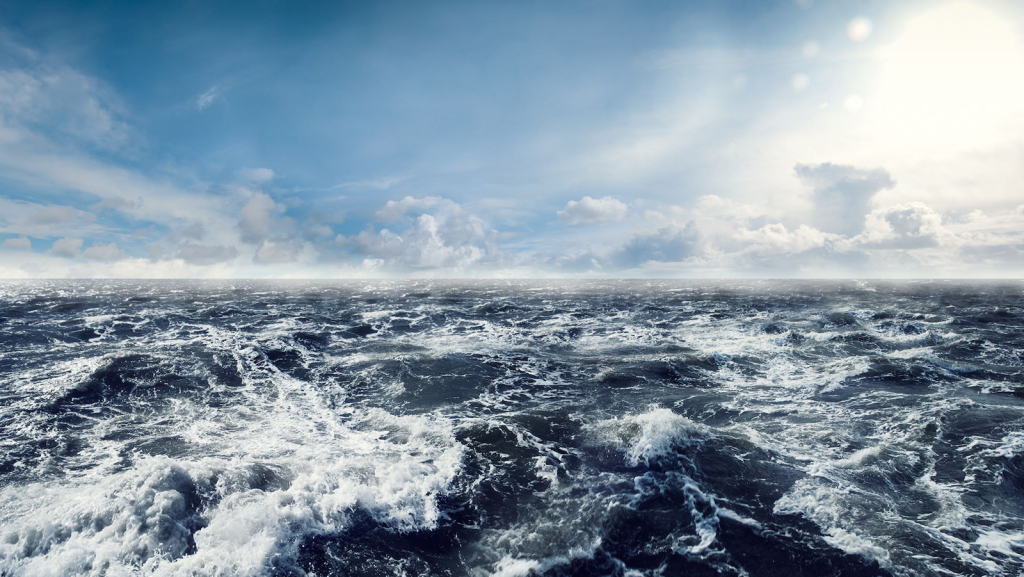
The Atlantic Meridional Overturning Circulation is weakening in the deep sea of the North Atlantic Ocean, Study Finds
The AMOC consists of an upper cell and a deep sea or abyssal cell that sits underneath The upper cell transports warm water from the subtropical South Atlantic Ocean across the equator northward toward high latitudes in the North Atlantic where it cools sinks and flows equatorward as cold deep
